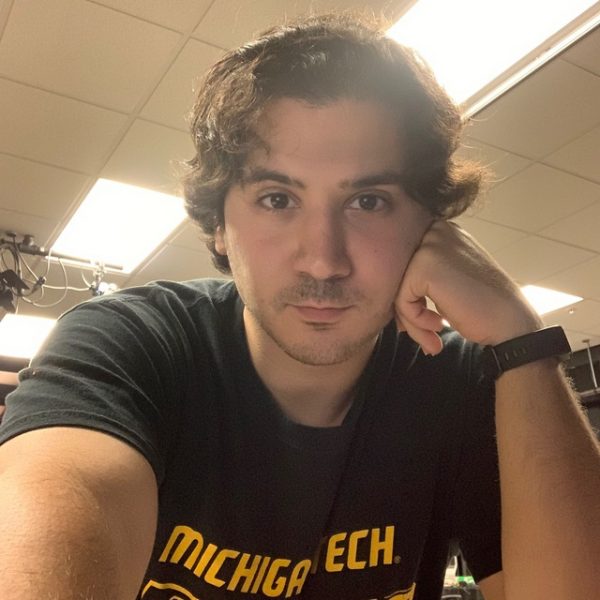I began my PhD journey in the spring semester of 2019, focusing on the subject of distance perception in virtual reality under the supervision of Dr. Scott Kuhl. My research investigates how people perceive distance in VR, an increasingly popular technology due to its widespread availability and recent advancements. I’ve always been interested in the Virtual Reality and Computer Graphics world since I was 12 years old.
Despite its growing popularity, numerous questions remain about how human perception interacts with virtual reality (VR). Many VR applications either require or benefit from users perceiving and interacting in virtual environments that closely resemble the real world. One of the primary challenges my research addresses is the tendency for people to underestimate distances in VR, as opposed to accurately perceiving them in real-world settings. Distances in VR are often reported as being underestimated by 20-30%, a discrepancy that is significant for many everyday tasks. These issues can lead to serious complications in various applications. For example, homebuyers using VR to virtually tour properties may struggle to accurately assess room sizes. People might also face difficulties in navigating and engaging with virtual worlds effectively. Furthermore, accurate distance perception is crucial for training and education programs involving students and even essential workers, such as astronauts. As a result, my research aims to examine how some of the procedural details might impact the results of previous VR studies regarding distance perception. One detail involves giving participants practice in blindfolded walking prior to the study to gain trust in the experimenter and experience walking while blindfolded. Additionally, to better understand this phenomenon, I have developed a program compatible with modern head-mounted displays (HMDs) that accurately tracks users’ locations and provides valuable data on participant behavior. This enables in-depth analysis of their walking behavior and perception during experiments.
I am extremely grateful to the Graduate Dean Awards Advisory Panel for granting me the finishing fellowship. I would also like to express my heartfelt thanks to my incredible advisor, Dr. Scott Kuhl, for his unwavering guidance, support, and encouragement throughout my PhD program. Finally, I extend my appreciation to the Computer Science Department and the College of Computing for their exceptional programs and the opportunities they have provided for us.
